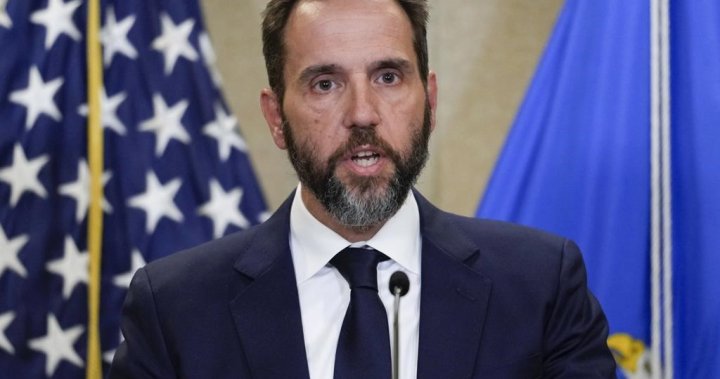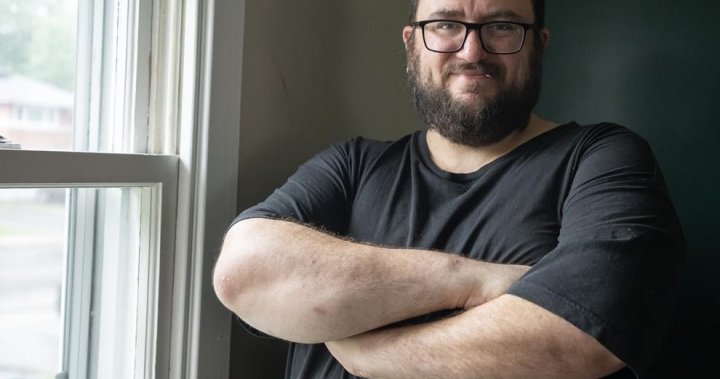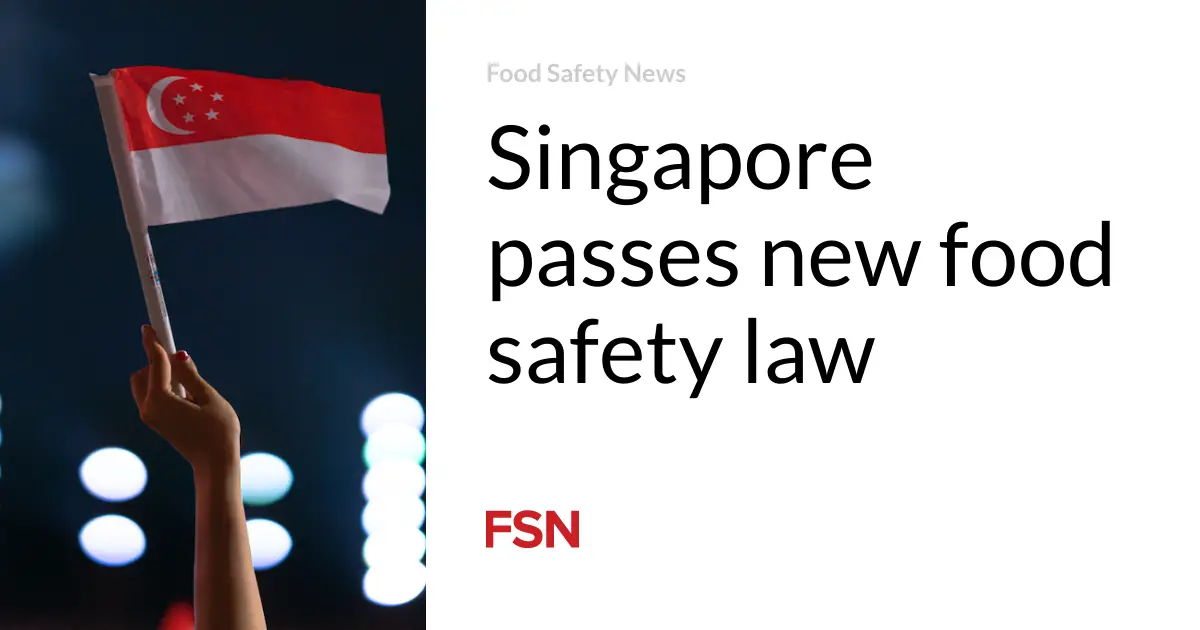Immigration, Refugees and Citizenship Canada (IRCC) has stopped subsidizing temporary accommodations in Pakistan for people applying through a special immigration program for Afghans who worked for the Canadian government or armed forces.
Special measures for Afghans trying to move to Canada were introduced by the federal government in summer 2021, after the Taliban swept to power and sent many former employees of western governments into hiding.
The federal government began covering the cost of accommodations for Afghans who crossed over into Pakistan while they waited for their applications to be processed.
“Providing temporary accommodations in Pakistan for people under the Afghan Resettlement Initiative was an exceptional temporary measure. Temporary accommodations were needed due to the time it took to process the large volume of applications, as well as operational challenges in Pakistan,” IRCC told CBC News in a media statement.
The department also said it spent $21.8 million on applicants’ accommodation in 2022-2023, and another $21 million in 2023-2024.
IRCC said that while it will keep paying shelter costs for Afghans who are already in the processing pipeline, it has told anyone who started an application after June 30 that they will not have access to subsidized accommodation unless they are “emergency and vulnerable cases.”
Lawyer, migrant question decision to cut coverage
Zool Suleman, a Vancouver-based immigration lawyer, said the decision to end the shelter subsidy could leave some Afghan applicants with nowhere to turn.
“While I appreciate the government should be prudent in how they’re spending their money, what we don’t want is a situation where we made a promise as a country to an individual, or a family, who have provided services to the Canadian government, and then out of some kind of over-caution on the budgetary side they’re depriving a family of housing and food,” he said.
“I would urge the government to err on the side of caution in terms of not providing services, and obviously speed up the program.”
When asked about the amount of money Ottawa has spent so far on sheltering Afghan applicants, Suleman said it’s about doing right by people who made sacrifices for Canada.
“Canadians need to understand it’s a large group of people who very much helped us when we needed it,” he said.
One applicant who has been waiting in Islamabad since October 2021 to find out if he and his family will be accepted told CBC News the government’s process has been inefficient.
“There was a better way of doing that,” said Mohammad Younas Nasimi, a former CAF military contractor who worked with a bomb detection crew. “There are families that have received rejection from the IRCC [after years].
“How come, first of all, you took that long and kept them and spent that much money on them, and then let them go? You just left them … nowhere.”
Nasimi also said his subsidized shelter was less than ideal.
He said he was cornered and roughed up on July 25 by a group of five guests at the hotel where he’d been staying in Islamabad.
He said the International Organization for Migration (IOM), the UN agency that works with governments around the world on resettlement, moved him to another hotel for his safety but did not question any of the other guests.
He said he was punched twice in the ear and has been having hearing difficulties ever since, but the IOM and the Canadian High Commission in Islamabad never sent a health care practitioner to examine him.
He said he moved his wife and six children to another location because he does not feel they would be safe staying with him.
Migrants’ group threatens hunger strike
Meanwhile, migrants who held a demonstration last Thursday in Islamabad against what they call an extremely slow immigration process said in a media statement they could stage a hunger strike if they don’t see improvements soon.
“We call upon the Canadian government, including the Honourable Minister of Immigration, Refugees and Citizenship Canada, to urgently review our applications and address the ongoing delays and refusals,” the migrants’ statement said.
“Despite the significant financial support provided by the Canadian government, our cases remain unresolved. Why has Canadian taxpayer money been used to support us for over three years if our eligibility remains in question?”
In its statement to CBC, the IRCC said most Afghans waiting in Pakistan “are in the final stages of processing.”
The department said “processing times vary depending on the details of each application. Timelines may be longer if IRCC has to wait for additional information to complete background checks and medical examinations.”
Citing operational security, the department refused to say how many Afghan migrant applicants are currently in Pakistan, waiting for approval.
It said roughly 53,600 Afghans have come to Canada since August 2021.








